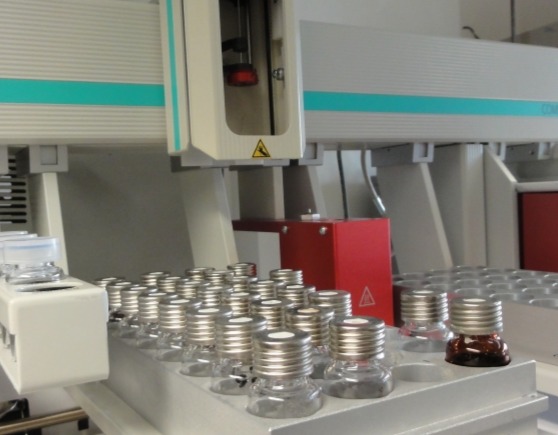Hands-on Liquid-Liquid Extraction

- Duration: 1 day for face-to-face
- Experience level: Advanced
- Delivery methods: Face-to-face | Offsite training & consultancy | Onsite training & consultancy | Tailored training |
- Type of course: Universal
- Applicable to manufacturer(s): Agilent | Bruker | CTC | GERSTEL | GLSciences | Leco | PerkinElmer | Sciex | Scion | Shimadzu | SRI | Thermo | Varian | Waters |
- CPD Approved: Approved
- Scheduled course price: £650.00 + TAX per delegate
- Course discounts: RSC CAMS HEaTED members receive a discount on this course

What will you learn on this course?
This course covers all the practical theory of solvent extraction, partitioning, solubility, miscibility, sample preparation, matrix modification including pH adjustment and the choice of relevant apparatus.
Liquid-Liquid Extraction (LLE) is a method for separating compounds based on their relative solubilities in two different immiscible liquids, usually water (polar) and an organic solvent (non-polar). There is a net transfer of one or more species from one liquid into another liquid phase, generally from aqueous to organic. The solvent that is enriched in solute(s) is called the extract. LLE is a basic technique in chemical laboratories, where it is performed on large volumes via separating funnels and small volumes via vials. The technique can be miniaturised with XYZ autosamplers. The term partitioning is commonly used to refer to the underlying chemical and physical processes involved in LLE.
Combine other days or modules.Learning outcomes
- You will gain practical hands-on experience of modern Liquid-Liquid Extraction (LLE)
- You will gain knowledge about transferring one or more compounds from one liquid into another, generally from aqueous into organic
- You will learn real world applications
- You will learn which apparatus is required for efficient partitioning
Who is this course for?
This course requires good knowledge of GC (or GC-MS) or HPLC (or LC-MS).
Course combinations
Can’t attend the full course? No worries, combine days or modules to create training that works best for you. The more days you book the larger the discount.
- For 2 days, pay £1250
- For 3 days, pay £1825
- For 4 days, pay £2350
- For 5 days, pay £2850
Please note, discounts won’t apply when booking but will appear on your invoice.

